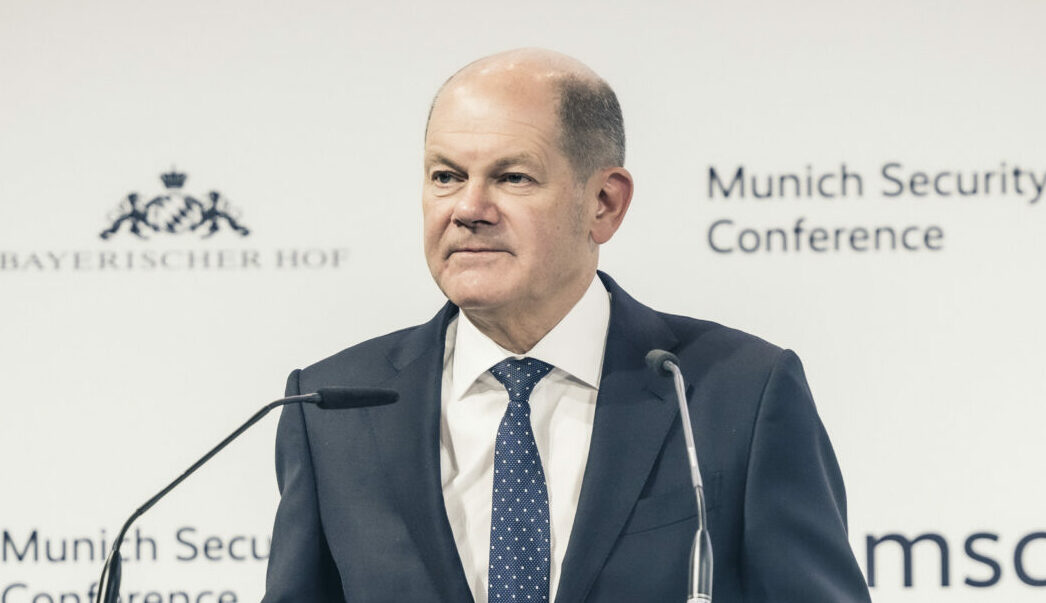All the brawls in Germany between the government, the regions and the industry for the expensive energy

In Germany, the tug of war over the subsidized price of electricity for industry sees a kind of all against all. Here because. The article by Pierluigi Mennitti from Berlin
Among the various reasons contributing to the current German crisis, the high price of energy is one of the determining variables today. There is no report by economic institutes that fails to point out the negative impact that the end of the era of cheap gas is having on the decision of German and international companies to invest in Germany. The Russian war in Ukraine, with the consequent upheaval of the global energy balance, is therefore leaving much deeper traces in the German economic system than the simple increase in the electricity bill.
THE GERMAN REGIONS AGAINST THE FEDERAL GOVERNMENT
For months the German government has been arguing over a proposal by Economy Minister Robert Habeck: the definition of a subsidized electricity price for industry, a bridging measure to ease the burden on energy-intensive companies and mitigate one of the obstacles that hold the large entrepreneurial investments.
In the meantime, the positions have polarized, the confrontation is increasingly heated and the divisions run through the partners of the majority, the parties themselves within them, the industrialists themselves and finally also the various elected institutions.
In fact, the regions are now taking the field, like a compact phalanx, in competition with the federal government and with a proposal that should circumvent one of the obstacles: in a "Brussels Declaration", announced in advance by the Handelsblatt , the presidents of the 16 German Länder ask the European Commission to allow national governments to introduce an industrial electricity price.
The increase in energy costs is a "serious obstacle to the recovery of the economy", reads the declaration, "it must therefore be possible for the Member States to establish a competitive bridge price for electricity for a transitional period, especially for energy-intensive and internationally competitive companies, until affordable renewables are available on sufficient scale.
THE TRANSFER TO BRUSSELS
The 16 presidents of the Länder will be away in Brussels for two days, Wednesday 5 and Thursday 6 September, for the first time since 2018, and will meet with the European authorities. Talks are scheduled, among others, with Commission President Ursula von der Leyen, with the new Vice President for the Green Deal Maros Sefcovic, and with Energy Commissioner Kadri Simson.
The talks in Brussels will mainly focus on economic policy and climate protection. The Green Deal is the central strategic path for the transition to a climate-neutral economy, reads the communiqué of the German regional presidents.
However, targets and deadlines need to be set in a way that is realistic, feasible in practice and coherent. Small and medium-sized enterprises will have to be supported "in an even more specific way than before" beyond the limits currently imposed by European regulations.
CRITICISM OF THE ENERGY TRANSITION
Between the lines we can also read a distance from a certain fundamentalism with which, in recent months, the same central government of Germany, on the impetus of the Greens, has pushed on the accelerator of the energy transition. In fact, the presidents also invite not to overload businesses and families. "As regards the pace of achieving climate neutrality, care must be taken to maintain the international competitiveness of EU industry and to guarantee acceptance by public opinion", they write in the document: for the necessary investments, small and medium-sized businesses and low-income households need special support.
In Berlin, the tug of war over the subsidized price of electricity for industry sees a kind of all against all. Greens and a large part of the SPD on one side, Olaf Scholz and the liberals (led by Finance Minister Christian Lindner) on the other, managers of large energy-intensive industries in favor and representatives of small and medium-sized enterprises against (and worried about having to pay the bill for the grown-ups), presidents of the Länder of all colors for yes and chancellor for no.
Not even the government's closed-door seminar last week in Meseberg Castle, on the outskirts of Berlin, has unblocked the impasse. Especially since the chancellor, unlike other times, has chosen to maintain an explicit and clear-cut position that does not seem to leave room for a compromise. Again this weekend (before he stumbled while jogging and had to resort to a pirate eye patch) he reiterated his opposition in an interview with state radio Deutschlandfunk. Harshly, he said: “Of course, suggesting who to give the money to is easier than suggesting where it should come from. There are only three ways of financing, either other industry users have to pay the electricity price reduction for some companies or the taxpayers have to do it. The third option is debt financing.
Not exactly an accommodating statement.
GOVERNMENT PLANNING FOR GERMANY'S BUDGET 2024
The government of Germany has just launched its budget planning for 2024. For this reason, the chancellor explained, the hypothesis of a subsidized energy price for the industry must be part of any discussion where we want to siphon off billions to some chapters to allocate them to such a measure.
Scholz underlined once again that the government's real task is to structurally reduce the price of electricity. To achieve this, the Chancellor referred to the necessary expansion of the production of low-cost green electricity and the infrastructural expansion of the network.
This is a machine translation from Italian language of a post published on Start Magazine at the URL https://www.startmag.it/energia/germania-crisi-investimenti-prezzi-alti-energia/ on Tue, 05 Sep 2023 11:34:34 +0000.
